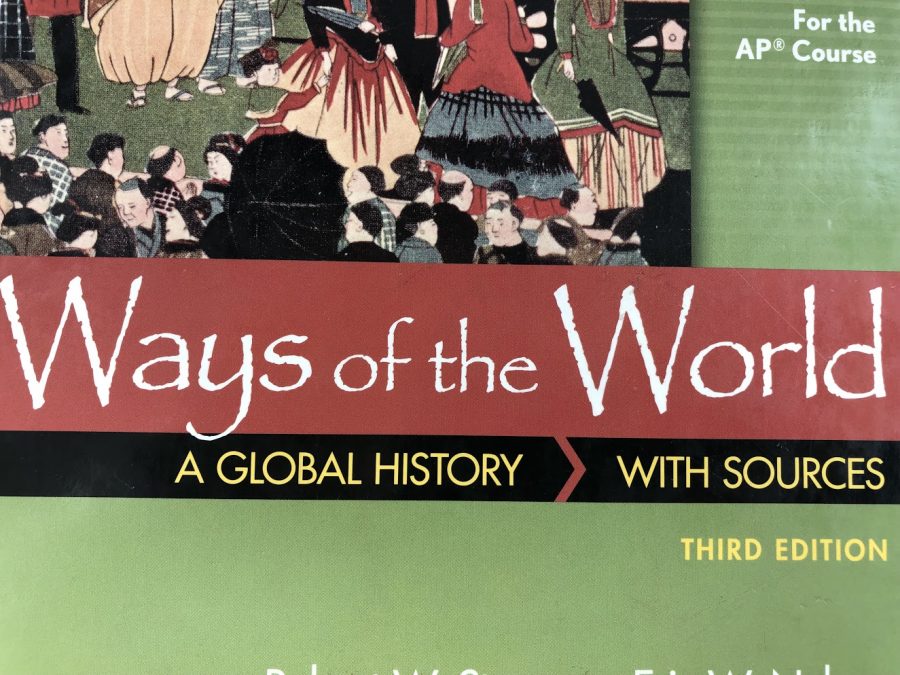Manning on History, Perspective, and Martial Arts: An Interview
February 10, 2020
“I wasn’t always going to study history,” says Mr. Manning, sitting back in his desk chair. Stacked on his desk are thick textbooks written in miniscule, dense font that would make all but the highly intellectually motivated shudder with apprehension. His classroom houses a plethora of history: standard textbooks, specific books on any major historical event that can be thought of, and ancient tomes of Latin that resemble authentic artifacts. “I had a professor in college. She told me that my writing was really intelligent, and that I should publish a book. I’ve never had someone believe in me before. So I probably chose to study history for the wrong reasons.”
Manning is an expert in all types of world history, with a specialty in European history. This is his sixth year teaching AP, and he is held in high regard. “What I like about history,” he says, “is that it teaches us about what’s called the human condition. It’s about people. I’m really interested in people.” Does this interest transfer to, say, psychology or behavioral economics? “I have taken a couple of psychology classes before,” Manning says. “But history’s really interesting in that it can be the history of anything. I’m interested in how the ideas of psychology have evolved over time. All these subjects are really just addressing the same problems. They’re just coming up with different answers. And I’m interested in those answers.”
His idea of learning from history, of treating history as a study of humanity, is at once unique and fascinating. “I think history is primarily a very personal discipline. Like, you read something from the past, and you see how a real person faced their problems. And it kind of affects you in a personal way. There are people that say things like ‘oh, I’m on the right side of history, and you’re on the wrong side of history.’ ” He laughs. “ I don’t think they’ve actually read history.”
When asked about his thoughts on the phrase “History is written by the victors,” Manning’s answer is diplomatic and thoughtful. “This issue of perspective is really interesting. If anyone believes that they’re going to read a history that shows all the sides, they’ve kind of been fooled to begin with. You’re only ever going to read one side of it. And there might be multiple sides to it. As a historian, our goal is to read all of the versions of it available. But no one ever believes that they have a complete picture. You just do the best you can.”
Manning is also an avid fan of martial arts. “I’ve been doing martial arts ever since I was sixteen,” he says. “I was never a team sport kind of guy. Martial arts isn’t like that. It’s about me taking control of my body and making it do something really really challenging. But I find that martial arts helps most in conversation.” He pauses, and then adds, “For example, not being afraid of an adversary, intellectual or otherwise. Actually I find that martial arts helps me verbally, which is really weird and interesting, but it helps me a lot in conversation.”
Manning’s advice for life problems? Read more. And as for those that suffer from awkward pauses during dinner table conversation? Try kung fu. It really helps.


